Vitamins and Bones
Want to strengthen your bones? Look beyond vitamin D Several other vitamins, from A to K, are critical to a healthy skeleton—but unless you have severe deficiencies, it’s best to get them through your food rather than supplements.
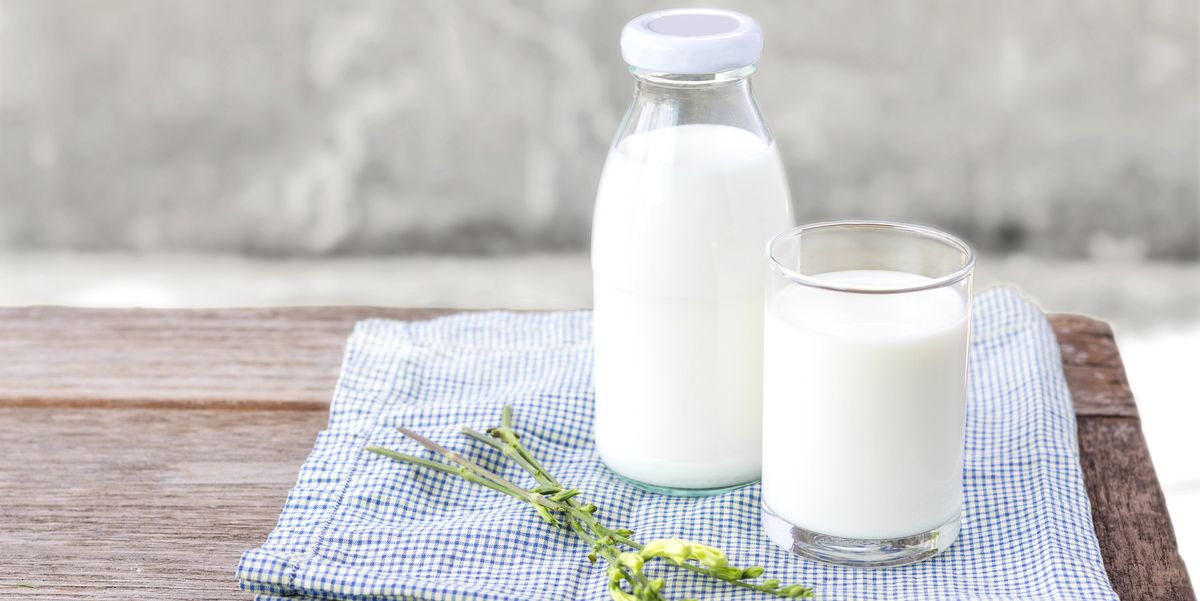
Fortified milk is not only a source of calcium and vitamin D, but also contains other vitamins such as A and B, which play a role in bone health.
When it comes to keeping bones healthy, many know about vitamin D, which helps the body absorb calcium needed to make skeletons strong. But while D remains the star, in recent years researchers have documented the importance of other vitamins for protecting against fractures and the bone-weakening disease, osteoporosis.
A recent journal article that reviewed numerous laboratory and observational studies, as well as a handful of human clinical trials, revealed critical evidence supporting the importance of vitamins A, B, C, E, and K.
“The stage of research is different from vitamin to vitamin,” but they point to the fact that bone building is a complex process requiring multiple nutrients, says Bess Dawson-Hughes, a senior scientist at the Nutrition Research Center on Aging at Tufts University, who was not involved with the review but has long studied nutrition’s impact on bones.
When it comes to these vitamins, more is not always better. Supplementing with high quantities of certain vitamins compromises bone, the review article stated.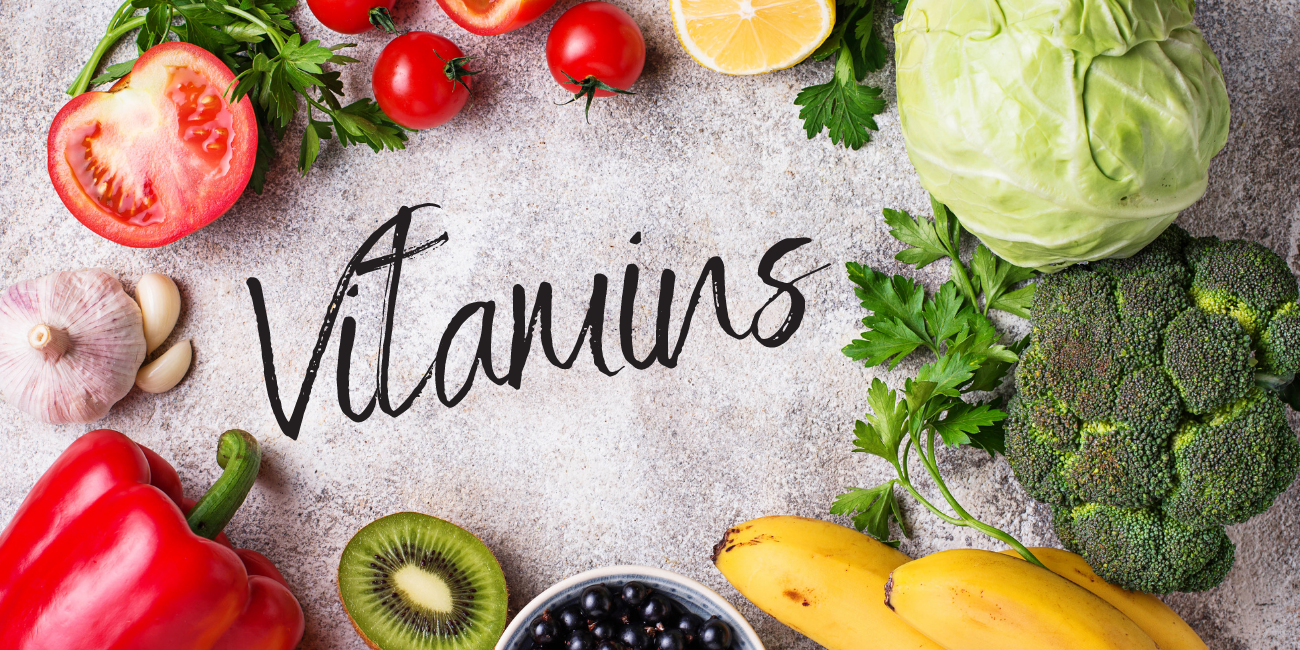
While going from low to optimal levels is important, increasing intake much beyond that interferes with the bone-building process, Dawson-Hughes says. However, exactly what those optimal levels are has not yet been determined for vitamins beyond D.
That’s why people without severe vitamin deficiencies, detected via blood tests, should get their vitamins through food rather than supplements, says Lucette Talamas, a registered dietitian at Baptist Health South Florida in Miami. It’s difficult to overdose on any vitamin this way. This is especially important for fat-soluble vitamins that are stored in the body rather than excreted, including vitamins A, D, E, and K.
Studying vitamins in people is challenging, since everyone begins at a different blood level of the nutrient, Dawson-Hughes says. Even research on vitamin D supplements has not consistently shown they keep bones from breaking, likely because many participants have sufficient levels from the beginning.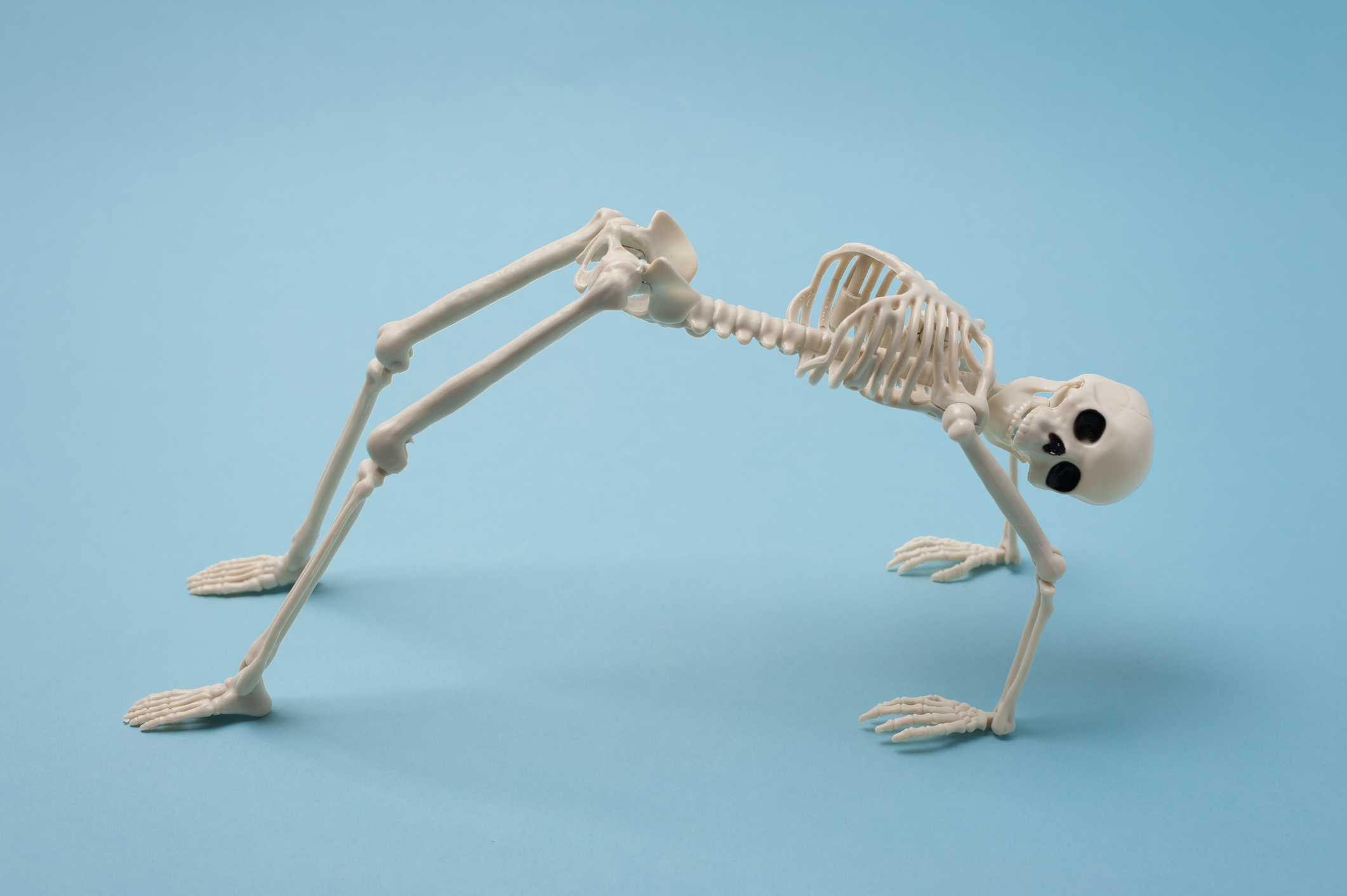
Bones are constantly remodeling
Human bones grow markedly in childhood as the skeleton stretches from less than two feet to the five or more feet in the teenage years. Even after growth stops, bones continue to strengthen into our 30s. After this point, they are as strong as they will ever be.
Even so, skeletons remain dynamic throughout life, regularly going through a process called remodeling, which is triggered not only by breaks but by everyday stresses on our bones.
“Walking on Earth is a stressor, and so is reaching overhead to a new cabinet in your kitchen or picking up a new exercise like running. The skeleton has to be remodeled to sustain any unaccustomed strain,” says Clemens Bergwitz, an endocrinologist and bone expert at Yale Medicine.
These movements are sensed by bone cells called osteocytes that are charged with maintaining bone health. They summon other cells called osteoclasts to secrete acid that dissolves some of the bone’s calcium, which causes osteoblasts to attract new mineral to the now vacant spaces. The bone remodeling process takes months, as anyone who’s fractured a bone knows well, Bergwitz says.
Here are the 5 additional vitamins that are best for bones
1) Vitamin A is found in sweet potatoes, carrots, cantaloupe, leafy green vegetables, and fortified milk.
Sufficient quantities of a vitamin A metabolite called all-trans retinoic acid plays a role in forming early bone tissue. The vitamin is also involved in dissolving bone during remodeling.
The body can also make vitamin A from carotenoids, the yellow, orange, and red pigments in vegetables and fruits. Consuming more of these colorful foods is associated with fewer hip fractures in men (but so far not women).
2) Vitamin B—especially B6, B9 (folic acid), and B12—is found in salmon, beef, tuna, chickpeas, and dairy products.
The foundational scaffolding of bones is collagen, which Dawson-Hughes describes as “the backbone of the bone.” Collagen is strengthened when the amino acids that comprise it are twisted like a rope. B vitamins are integral to that twisting process; without these vitamins, “you do not get the strength,” she says.
Laboratory studies have found that B6 deficiency causes dysfunction during bone-building. And genetically altered female mice low in B12 not only had weak bones, but so did their offspring.
Exactly how this translates to people is still unclear. Studies aiming to supplement with B vitamins have not found a reduction in fractures in post-menopausal women, a group at high risk of bone weakening following the reduction of estrogen, but the women may not have been deficient when enrolled.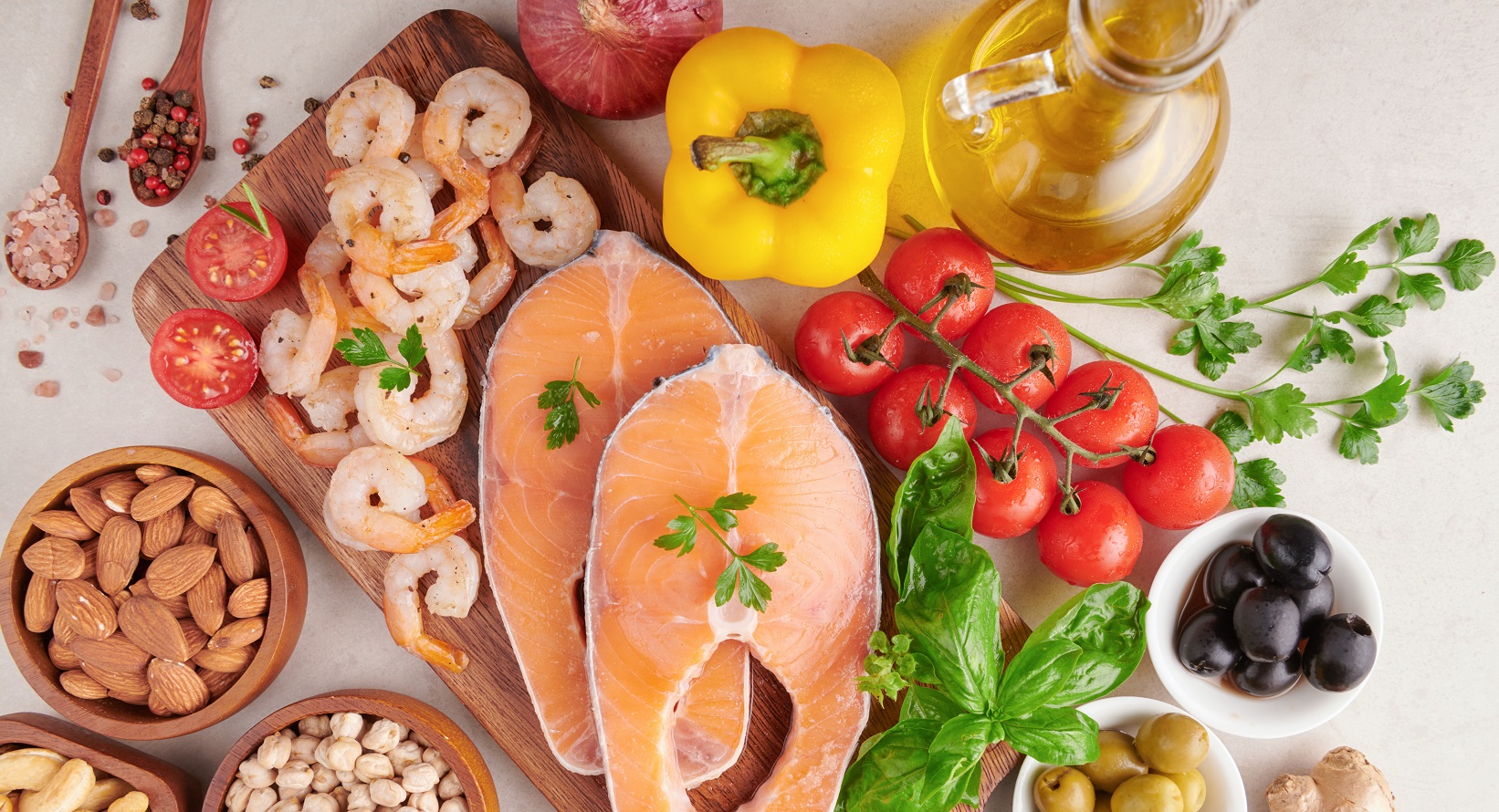
3) Vitamin C is found in citrus fruits, strawberries, tomatoes, bell peppers, Brussel sprouts, and kale.
It is likely important for both breaking down and rebuilding bone. As with the B vitamins, it also plays a role in twisting bones’ collagen fibers.
Scientists who pooled the results of 17 observational studies involving nearly 20,000 people found those with the highest intakes of vitamin C had 34 percent fewer hip fractures than those with the lowest amounts.
Having low vitamin C levels is especially risky for smokers. “The risk goes up several fold in smokers with low vitamin C levels, but it’s unclear why that is,” Dawson-Hughes says.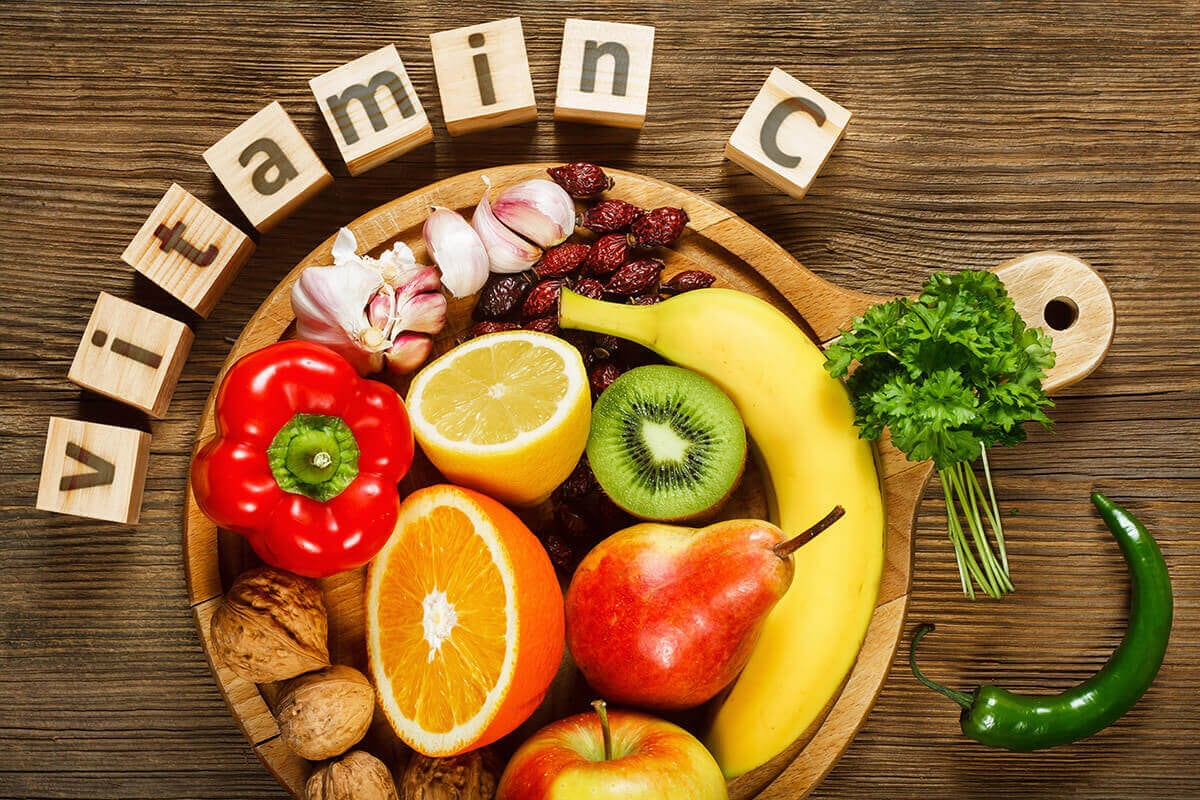
4) Vitamin E is found in almonds, peanuts, sunflower seeds, spinach, and red bell peppers.
The vitamin affects cell proteins responsible for bone breakdown and formation. It’s also an antioxidant, and research shows antioxidants improve communication among the cells involved in bone development and repair.
Higher blood levels of a-tocopherol, a form of vitamin E, have been linked in people to higher bone mineral density. Meanwhile, very low levels were associated with more than a 50 percent increased risk of fracturing a hip.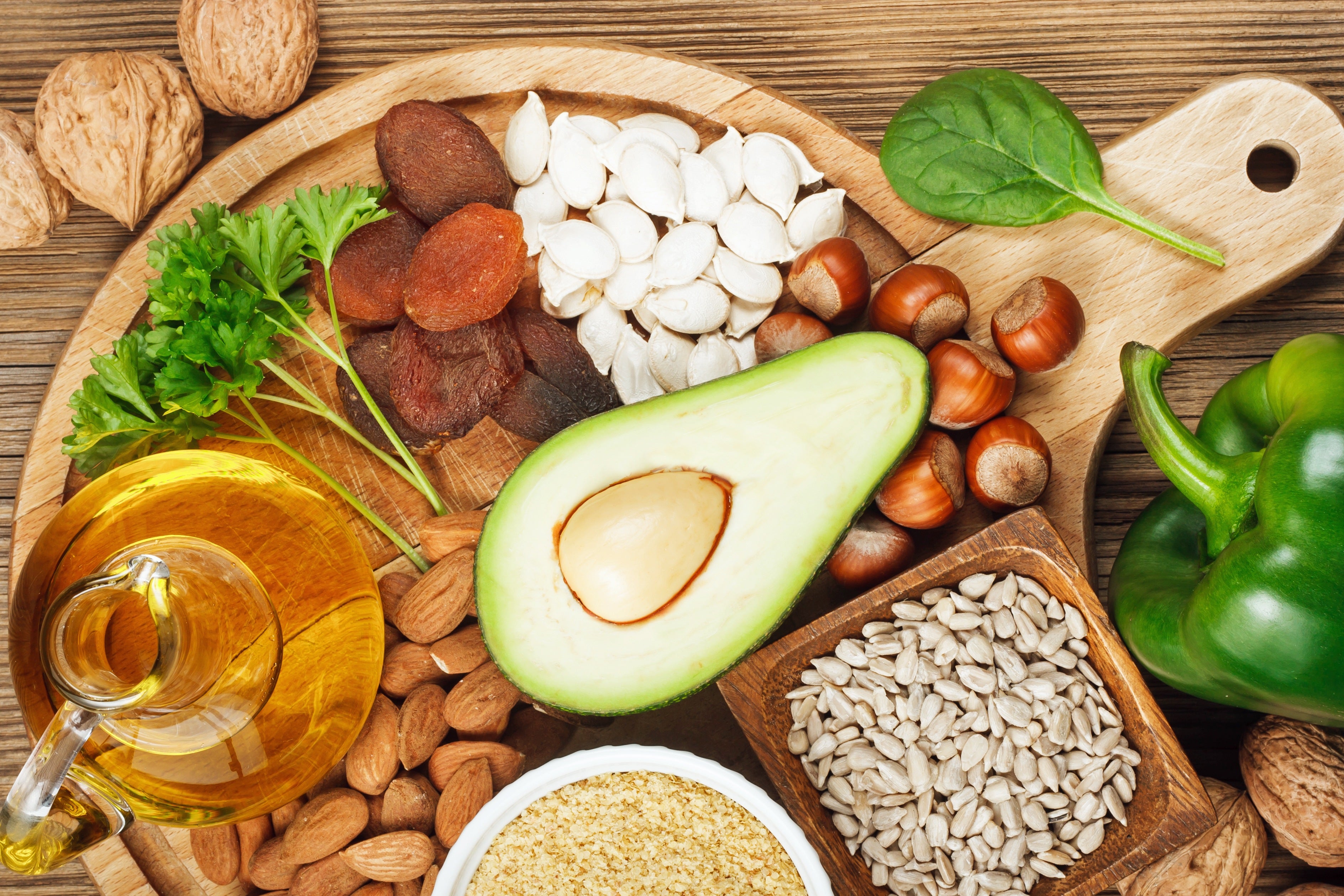
5) Vitamin K is found in kale and other leafy green vegetables, avocados, kiwi, soybeans, and pumpkin seeds.
Laboratory studies make clear that vitamin K plays a crucial role in attracting and binding the calcium needed to mineralize bones.
In research in people, one of the three forms of vitamin K, K2, positively impacted bone mineral density and fracture risk. But earlier research using another form, K1, did not find these benefits. Whether one is truly better than another requires additional research.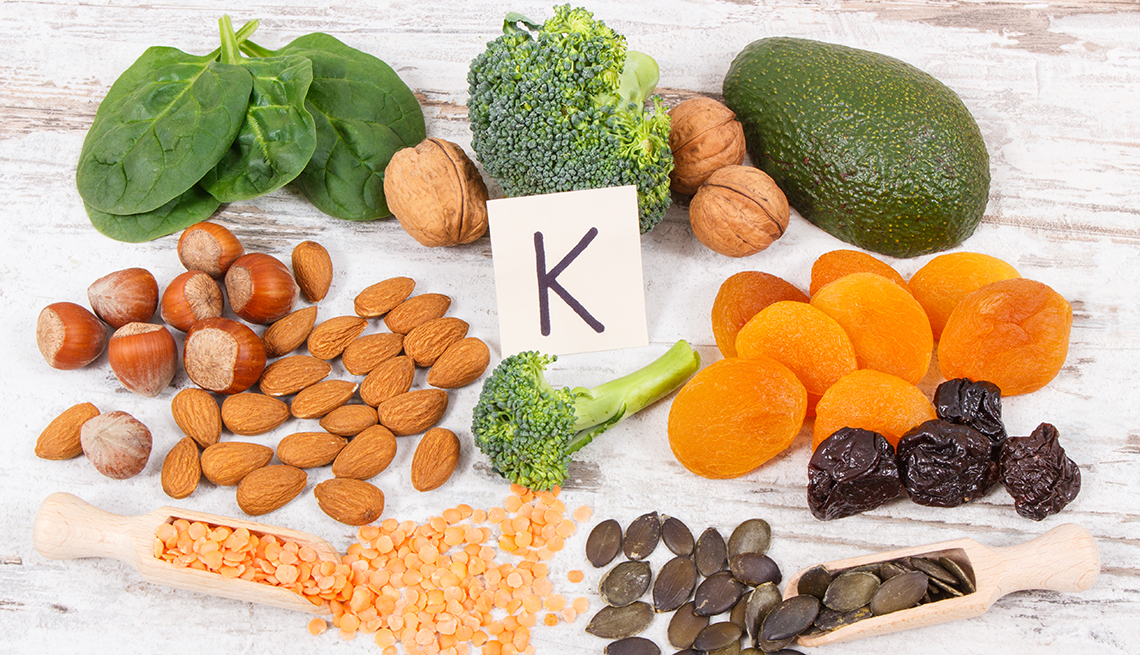
A varied diet is best
The Mediterranean diet, long associated with preventing chronic diseases and increasingly longevity, also benefits bones. “The Mediterranean dietary pattern is very rich in fruits, vegetables, whole grains, nuts and seeds, with protein as the topping,” all the foods you need to get these vitamins, Talamas says.
The best way to maximize vitamin intake is not to overcook foods. That’s especially the case for heat-sensitive vitamins like A. “Avoid boiling foods or cooking on the highest stove setting. A sauté is perfect,” Talamas says.
To get all these bone-building vitamins, you need to eat a range of foods. “Variety is important, because different nutrients are present in different amounts in food,” Talamas says. “Brown rice, chicken, and broccoli, are healthy, but if you eat that week after week you’re missing out on a lot of nutrients.”
Source
https://pubmed.ncbi.nlm.nih.gov/12730800/#:~:text=Bone%20strength%20is%20determined%20by,%2Dray%20absorptiometry%20(DXA).
https://www.mayoclinic.org/healthy-lifestyle/adult-health/in-depth/bone-health/art-20045060
https://en.wikipedia.org/wiki/Vitamin
https://www.healthline.com/nutrition/fortified-milk#:~:text=Fortified%20milk%20is%20cow's%20milk,and%20folic%20acid%20(%202%20).
https://www.medicalnewstoday.com/articles/195878





































